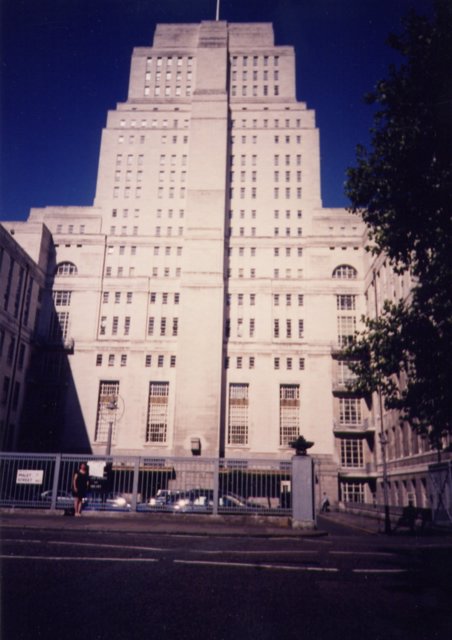This series is a month-by-month recap of censorship instructions issued to the media by government authorities in 2017, and then leaked and distributed online. The names of issuing bodies have been omitted to protect sources.
In late June, Chinese authorities confirmed that imprisoned Nobel Peace Prize laureate Liu Xiaobo had been hospitalized, still under close guard, with late stage cancer. Liu was sentenced to 11 years in prison in 2009, and news of his illness sparked a global outcry for him to be allowed to go abroad for treatment. These requests were denied, and Liu died on July 13. A directive issued on June 28 ordered "all websites" not to "report, comment, or repost on Liu Xiaobo’s medical parole or related matters." Liu’s plight was the target of particularly strict information controls, which intensified still further after his death. Concerns now remain for the fate of his widow, Liu Xia, who has endured illegal house arrest since the Nobel award and is now "going mad" with depression in isolation, according to a recently leaked poem.
Another directive on June 26 ordered deletion of a Caixin report on a deadly landslide in Sichuan, which killed over 100. The article described villagers’ claims that they had tried for years to warn officials about a widening rift in the mountainside above them, but been ignored. Official actions before and after disasters, and their designation as natural or otherwise, are often sensitive topics. "For China’s leaders, making sense of the senseless is a disruptive and dangerous act, because it nudges the mythically infallible foundations of legitimacy and power," China Media Project’s David Bandurski wrote in the aftermath of the 2015 Tianjin port explosions. "It is never the right or the proper time, according to official China, to seek the sense of tragedy." (For more on the official handling of accidents and disasters in China, see CDT’s interview with historian Jeremy Brown.)
Another tragedy struck earlier in June, when an explosion occurred outside a Jiangsu kindergarten, killing eight and injuring dozens. The incident was at first believed to have been an accident, but later blamed on a local school dropout, who was among those killed. As in the Sichuan case, censors’ response was to shield authorities from criticism: a directive issued on June 15 demanded "attention to sourcing standards when passing on information. Review comments, and eliminate any negative related political speech."
On June 23, meanwhile, another directive ordered a news ban on three of the country’s top table tennis players, who staged a walkout at the China Open in protest at their coach’s reassignment. The trio’s Weibo posts declaring that "we have no desire to fight now … all because we miss you, Liu Guoliang" were deleted. They were later replaced with a statement expressing regret at the negative social impact of their "impulsive act," and affirming that "benefit to the motherland comes before all else."
 Since directives are sometimes communicated orally to journalists and editors, who then leak them online, the wording published here may not be exact. Some instructions are issued by local authorities or to specific sectors, and may not apply universally across China. The date given may indicate when the directive was leaked, rather than when it was issued. CDT does its utmost to verify dates and wording, but also takes precautions to protect the source. See CDT’s collection of Directives from the Ministry of Truth since 2011.
Since directives are sometimes communicated orally to journalists and editors, who then leak them online, the wording published here may not be exact. Some instructions are issued by local authorities or to specific sectors, and may not apply universally across China. The date given may indicate when the directive was leaked, rather than when it was issued. CDT does its utmost to verify dates and wording, but also takes precautions to protect the source. See CDT’s collection of Directives from the Ministry of Truth since 2011.








